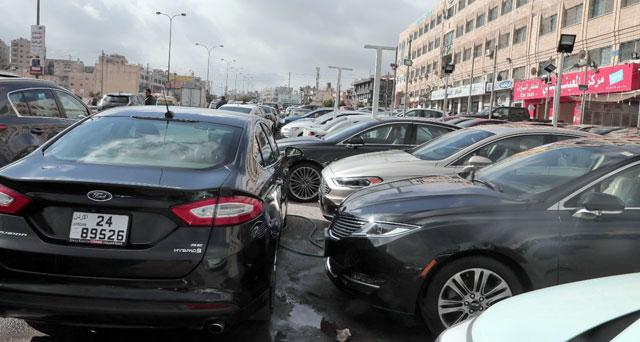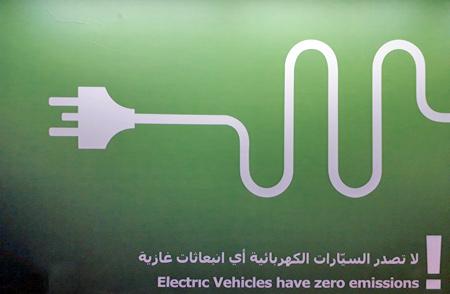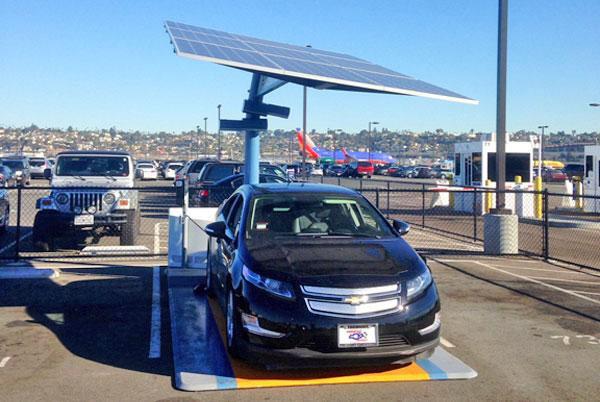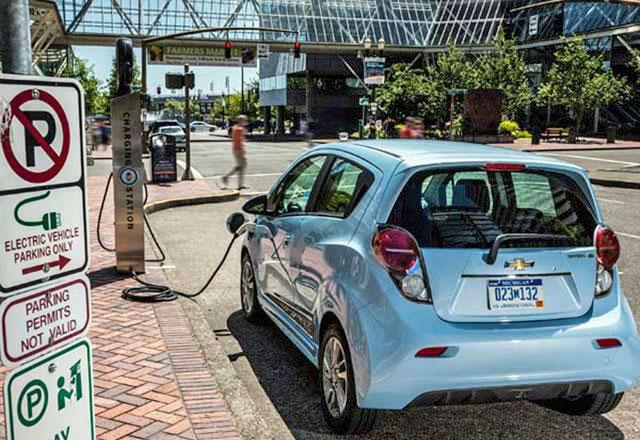You are here
Customs on hybrids, low purchasing power drive out vehicle investors — stakeholders
By Ahmed Bani Mustafa - Dec 24,2018 - Last updated at Dec 24,2018

Stakeholders say that even after reaching a compromise on customs earlier this year with the government, they expect dwindling hybrid car sales in the coming year (Photo by Osama Aqarbeh)
AMMAN — Car dealers said they expect to sell few-to-no hybrid vehicles next year due to increased taxes, low purchasing power and ride-hailing app regulations.
After announcing a clearance tax increase of 50 per cent, the government in June reached a compromise with stakeholders to set the tax on hybrid cars at 30 per cent, with a gradual increase of 5 per cent every year until 2021.
The number of customs-cleared hybrids dropped to 14,385 in the first 11 months of 2018, compared with 29,269 in 2017, according to the Jordan Free Zone Investor Commission.
The government’s decision to reduce the number of cars for ride-hailing companies from around 12,000 to 5,000 cars also helped reduce the sales’ of hybrids, Jihad Abu Nasser, an automobile investor said on Sunday.
However, he added that the general economic situation and purchasing power of Jordanians have played a role in the low numbers.
“For two-and-a-half months now, no hybrid cars were imported from the US,” according to Mohammad Bostanji, an automobile trader.
The trader claimed that others would relocate their businesses to other countries, such as Egypt and Ukraine, if things did not pick up, saying this would affect national revenues.
He called for more dialogue between decision makers and the private sector, to better understand the market’s supply and demand, and customers’ purchasing power.
Bostanji also called on authorities to compare the revenue of customs from 2017 with that of 2018, and base their decisions upon the figures.
In June, the government also reduced the tax to deregister an old car and exchange it for a hybrid vehicle to 12.5 per cent, with an increase to 20 per cent in 2019, 25 per cent in 2020 and 30 per cent in 2021. However, if the imported car is more than two years old, a 5 per cent will be added to the tax.
Related Articles
AMMAN — Exempting electric vehicles (EVs) from customs is a positive measure, however, more is needed to "rescue" the trade, stakeholders sa
AMMAN — The government on Monday approved a set of measures aligned with suggestions proposed by the Jordan Free Zones Investment Commission
AMMAN — The number of electric cars being cleared out of the Free Zone has dropped to no more than 50 cars a month, compared with 700-800 ca



















